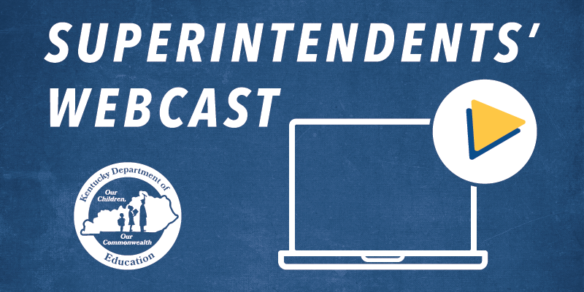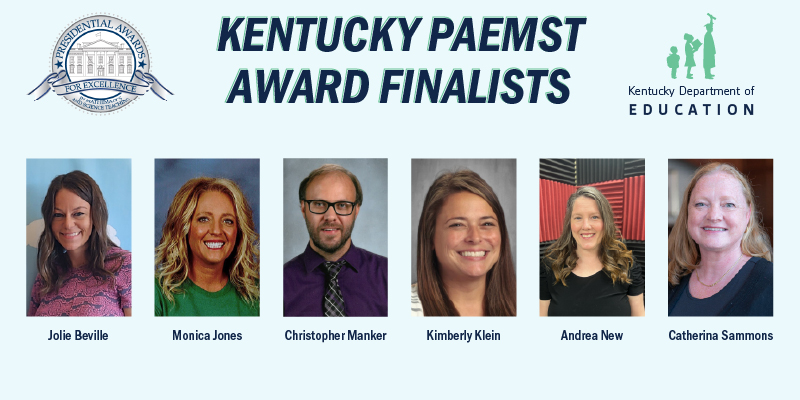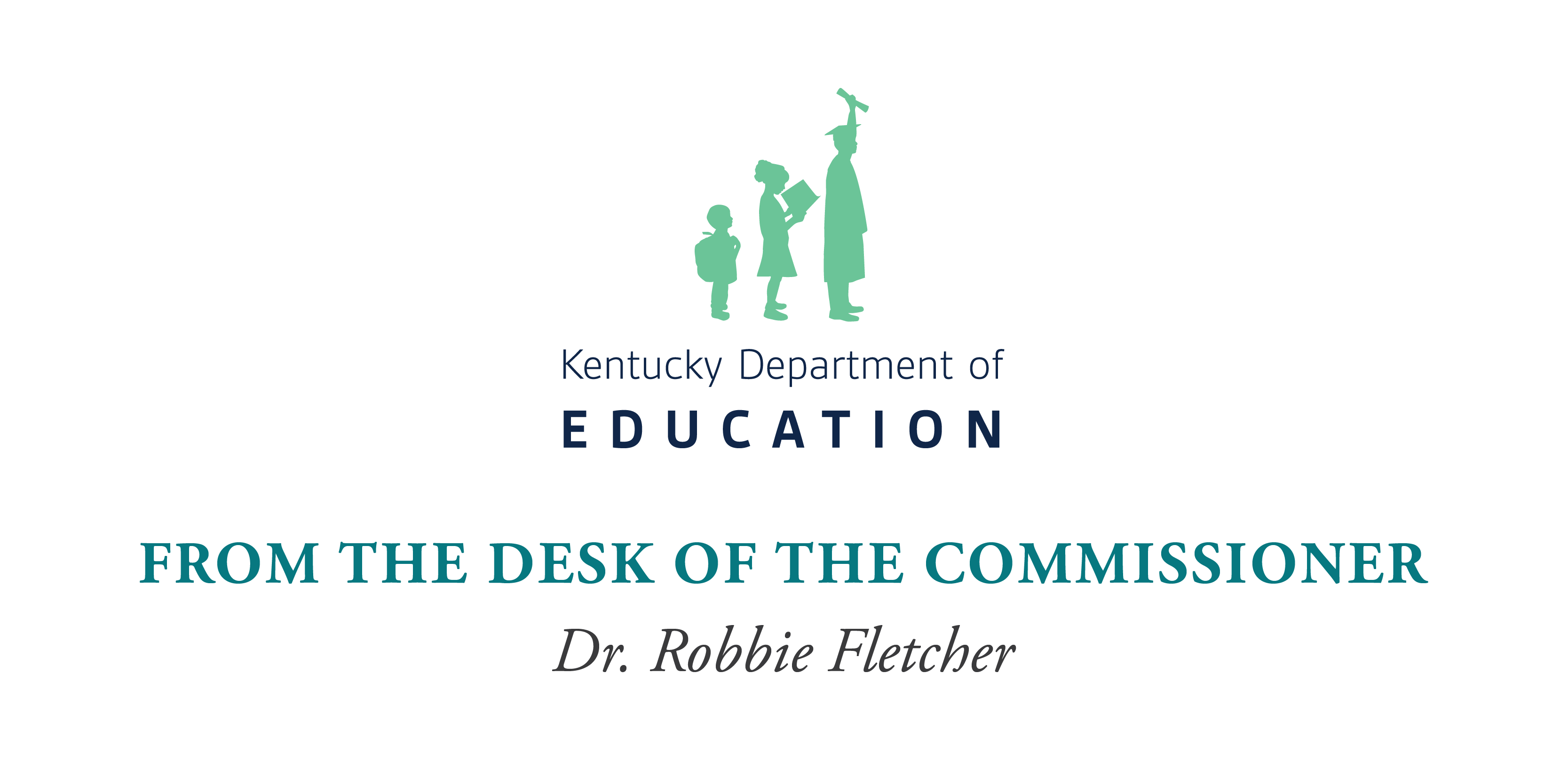
- Special education services will often not be identical to what is called for in students’ Individual Education Programs, but schools and districts should make “a good faith effort” to provide comparable services using alternate means and should be prepared to think creatively to do that.
- Schools and districts should collect and document ongoing progress data for services they are implementing, and they also should document the services that they have provided or that they are unable to provide during the closure period.
By Mike Marsee
mike.marsee@education.ky.gov
Even as standard educational procedures for students with disabilities have been altered, those students’ rights to equitable educational services has not changed, a Kentucky Department of Education (KDE) associate commissioner told district leaders during a Special Superintendents’ Webcast on March 31.
Gretta Hylton, the associate commissioner in KDE’s Office of Special Education and Early Learning, told superintendents and directors of special education that the federally required provision of a Free Appropriate Public Education (FAPE) is still in effect during non-traditional instruction (NTI) while schools are closed in an attempt to mitigate the spread of the novel coronavirus (COVID-19).
FAPE is an educational right guaranteed to students by the Rehabilitation Act of 1973 and the Individuals with Disabilities Education Act (IDEA). It requires that the individual educational needs of students with disabilities be met as adequately as the needs of students without disabilities.
“We have to ensure that we’re providing FAPE,” Hylton said. “That doesn’t go away just because we’re educating students differently. However, it does become very challenging.”
The challenge is created by the parameters of non-traditional instruction, which is or will be in use in all 172 Kentucky school districts following Gov. Andy Beshear’s recommendation that in-person classes be suspended.
“Nobody could have anticipated this, but to get through it, probably the most effective piece of information (KDE can provide) would be to ensure that people with disabilities have equal access to the same opportunities as their peers without disabilities,” Hylton said.
Schools and districts remain responsible for executing the Individual Education Programs (IEPs) that have been developed for their students who need special education.
“However, the location and the method for educating these students has changed, and it changed quickly,” Hylton said.
Hylton said it’s important during this time that schools collect and document ongoing progress data for services they are implementing, and it’s also critical that they document the services that they have provided or that they are unable to provide during the closure period.
“Documentation, that’s the key,” she said.
She said the services special education students receive during this time, in many cases, will not be identical to what is called for in their IEPs, but she said schools can use alternate means of reaching out to those students and their families and alternate means of collecting data.
“What we’re saying is something is better than nothing. There are going to be services, more than likely, that cannot be performed virtually or over the phone, although I think this is going to be the exception rather than the rule. It’s critical for you to document the services missed,” Hylton said. “Because if students miss services or they’re unable to make adequate progress, then the only remedy for that when we come to the other side is compensatory education.
“When we get through this and schools are back in session … you’re going to have to rely on that data to determine if each individual student made reasonable progress. And if he or she didn’t, then what amount of compensatory services are due?”
The webinar afforded superintendents and directors of special education the chance to ask questions concerning special education and how to continue to provide services to students who are now at home rather than at school.
Many of the questions focused on how to meet special education requirements during non-traditional instruction. Hylton said schools and districts should make sure they are making “a good faith effort” to provide comparable services using alternate means and should be prepared to think creatively to do that.
“We have seen very creative ways districts and teachers are reaching out to their families,” she said.
KDE will host a series of three webinars presented by Kentucky’s special education cooperatives that will focus on topics designed to highlight effective practices during non-traditional instruction for students with disabilities.
Here is the schedule for the webinars (all webinars will be from 11-11:30 a.m. ET):
- April 3 – “SDI During NTI”
- April 10 – “Meaningful Progress Monitoring”
- April 17 – “Accommodations and Modifications”
MORE INFO …
From KDE’s Office of Special Education and Early Learning:
- Watch the March 31, 2020, Special Superintendents’ Webcast on COVID-19 and Special Education Q & A
- A letter from Interim Education Commissioner Kevin C. Brown and Associate Commissioner Gretta Hylton regarding Individualized Education Program services to families of children with disabilities during the COVID-19 pandemic
- “Non-Regulatory Guidance Regarding the Implementation of the Non-Traditional Instruction Program (NTI) for Students with Individual Education Programs (IEPs) During Novel Coronavirus Pandemic”
- “Resources and Tools for Remotely Teaching Students with Significant Cognitive Disabilities”
- COVID-19 Resources for Special Education and Early Learning




Leave A Comment